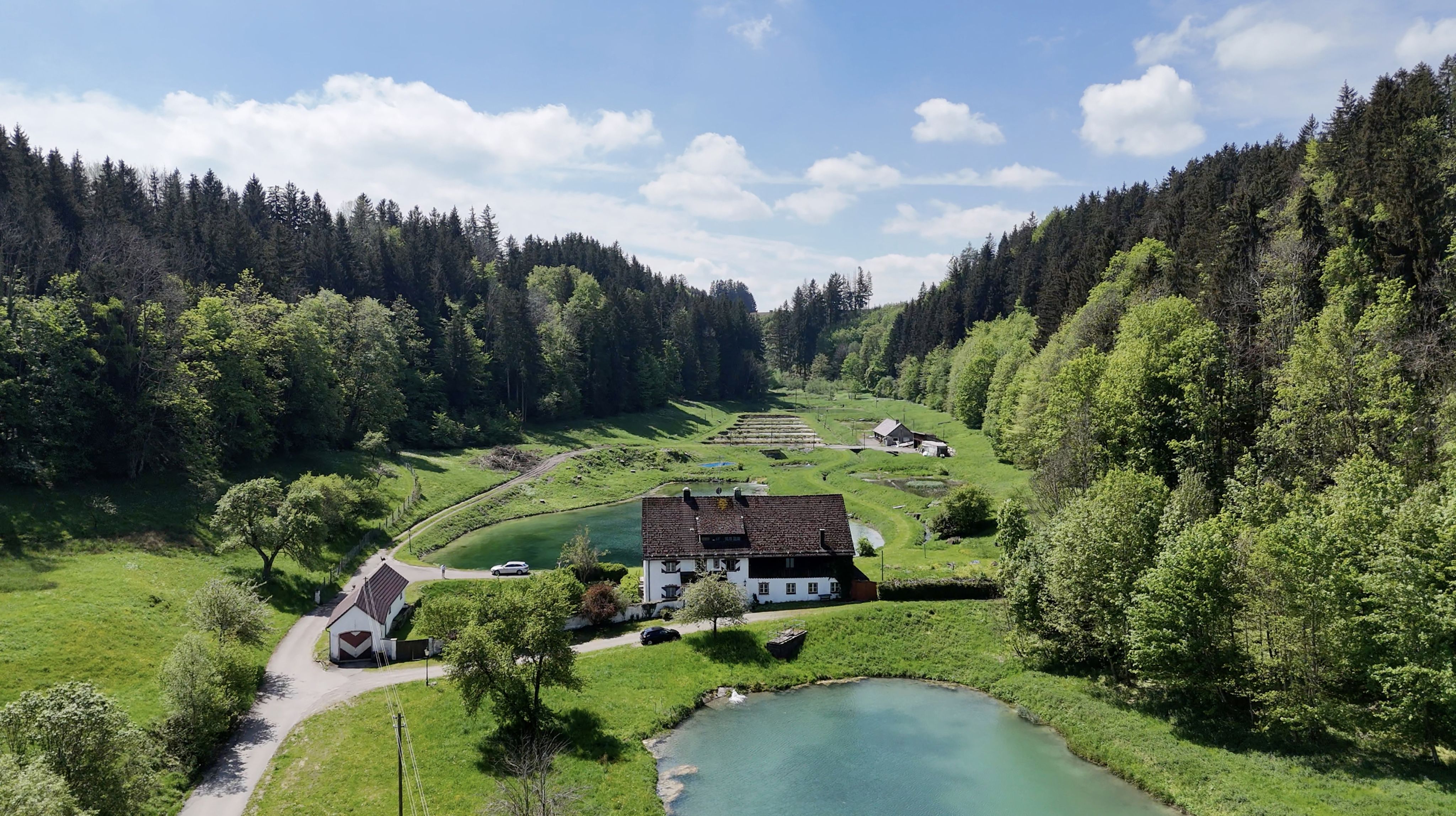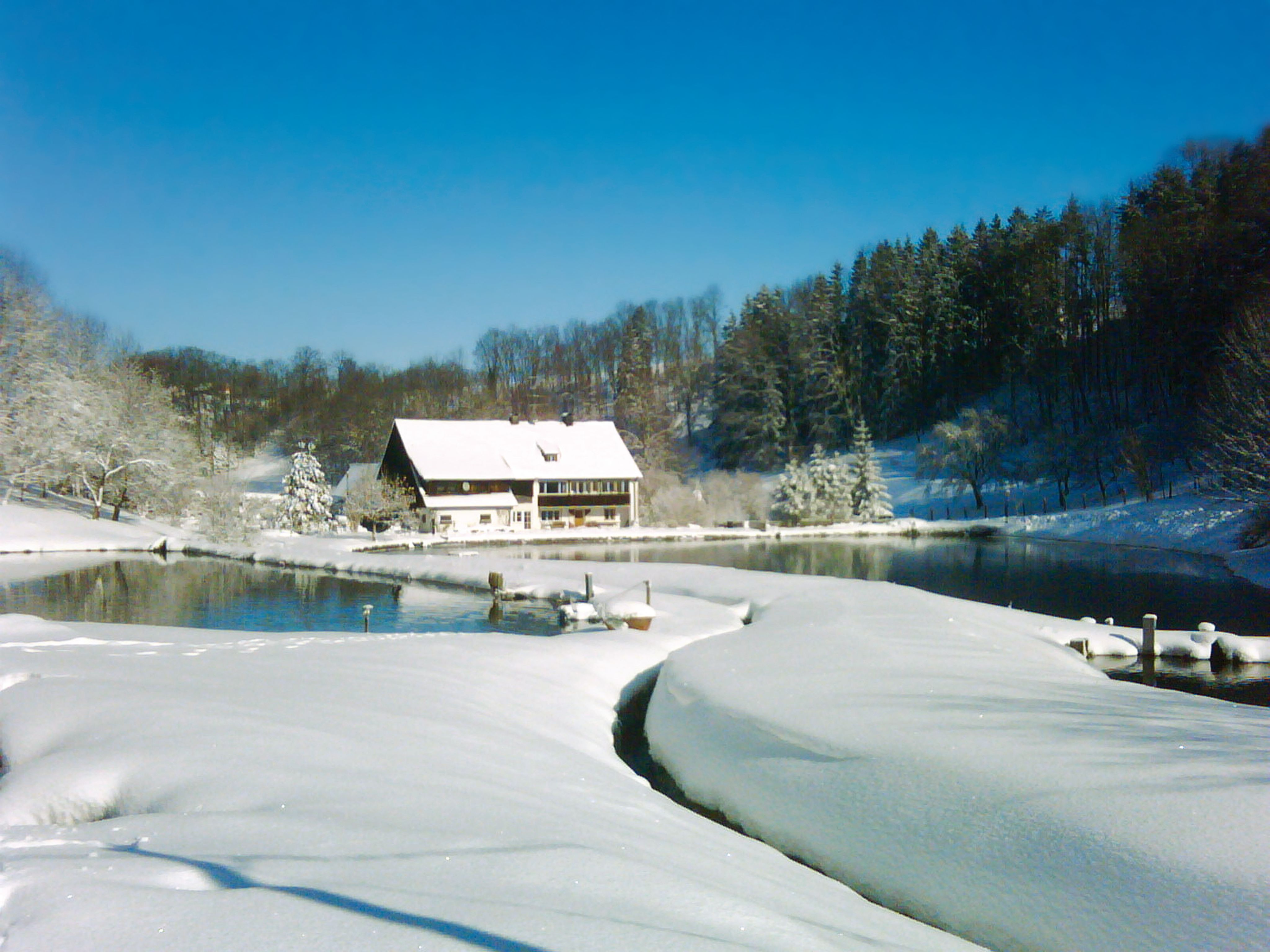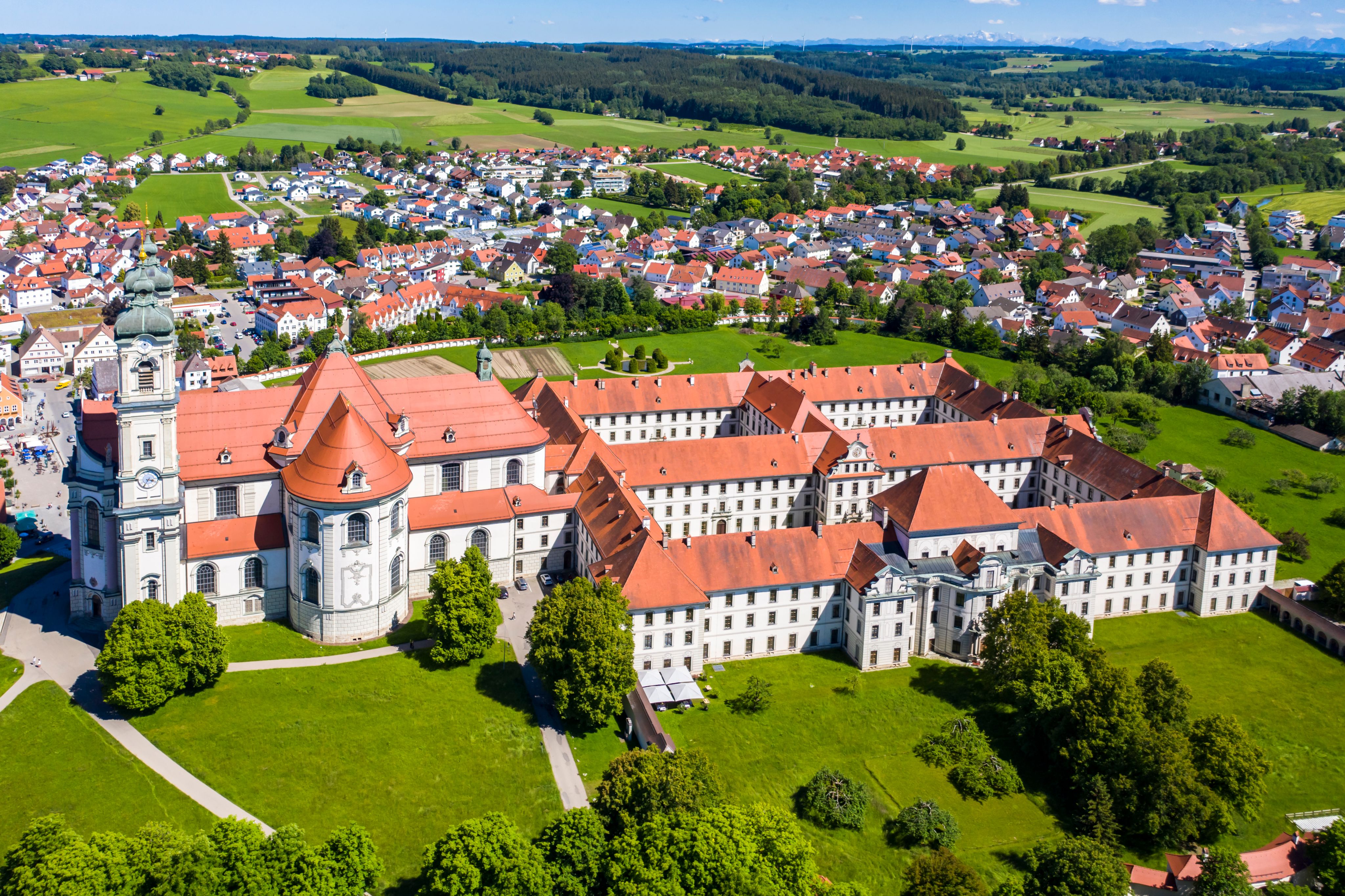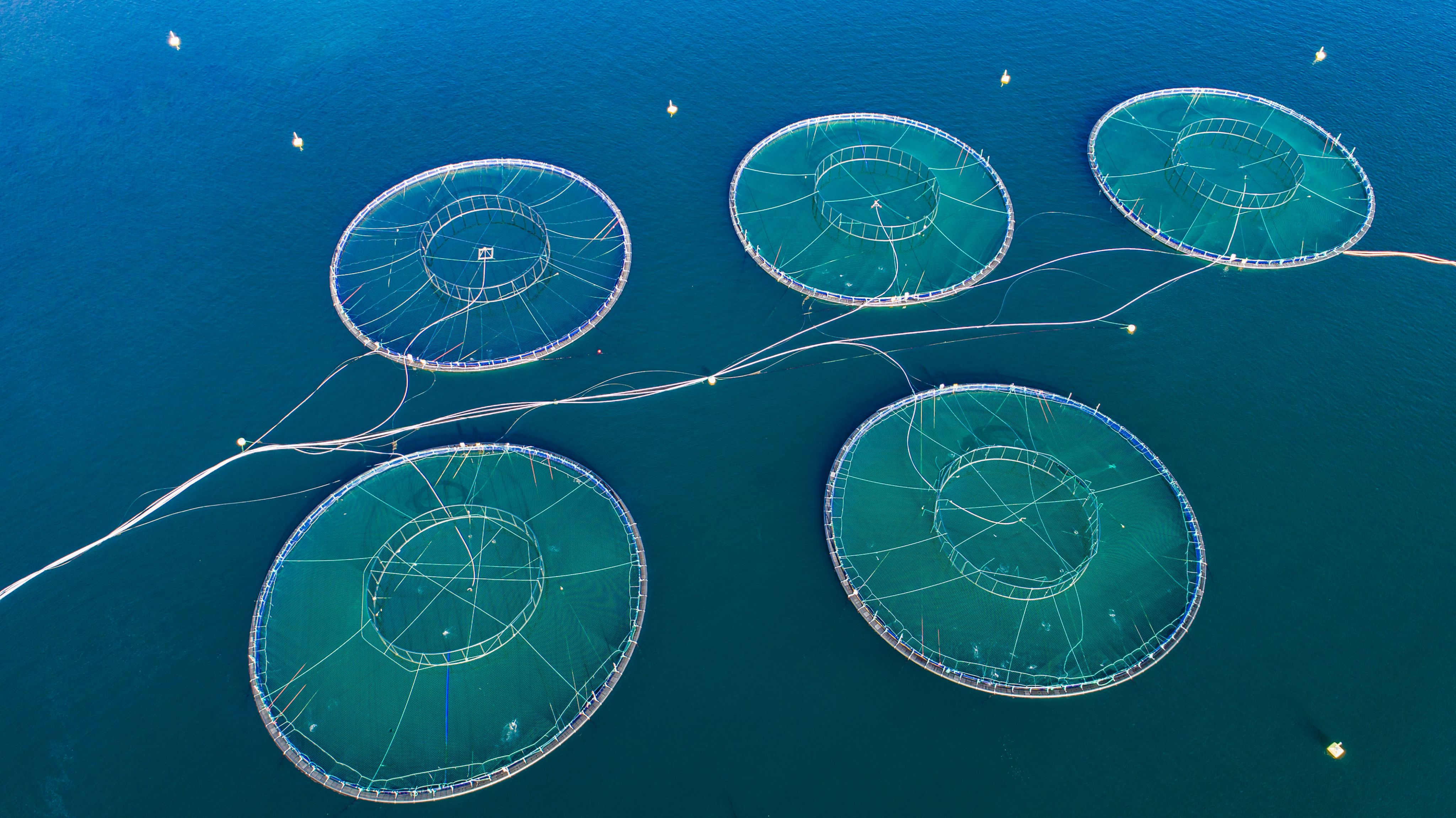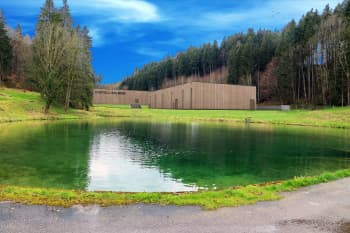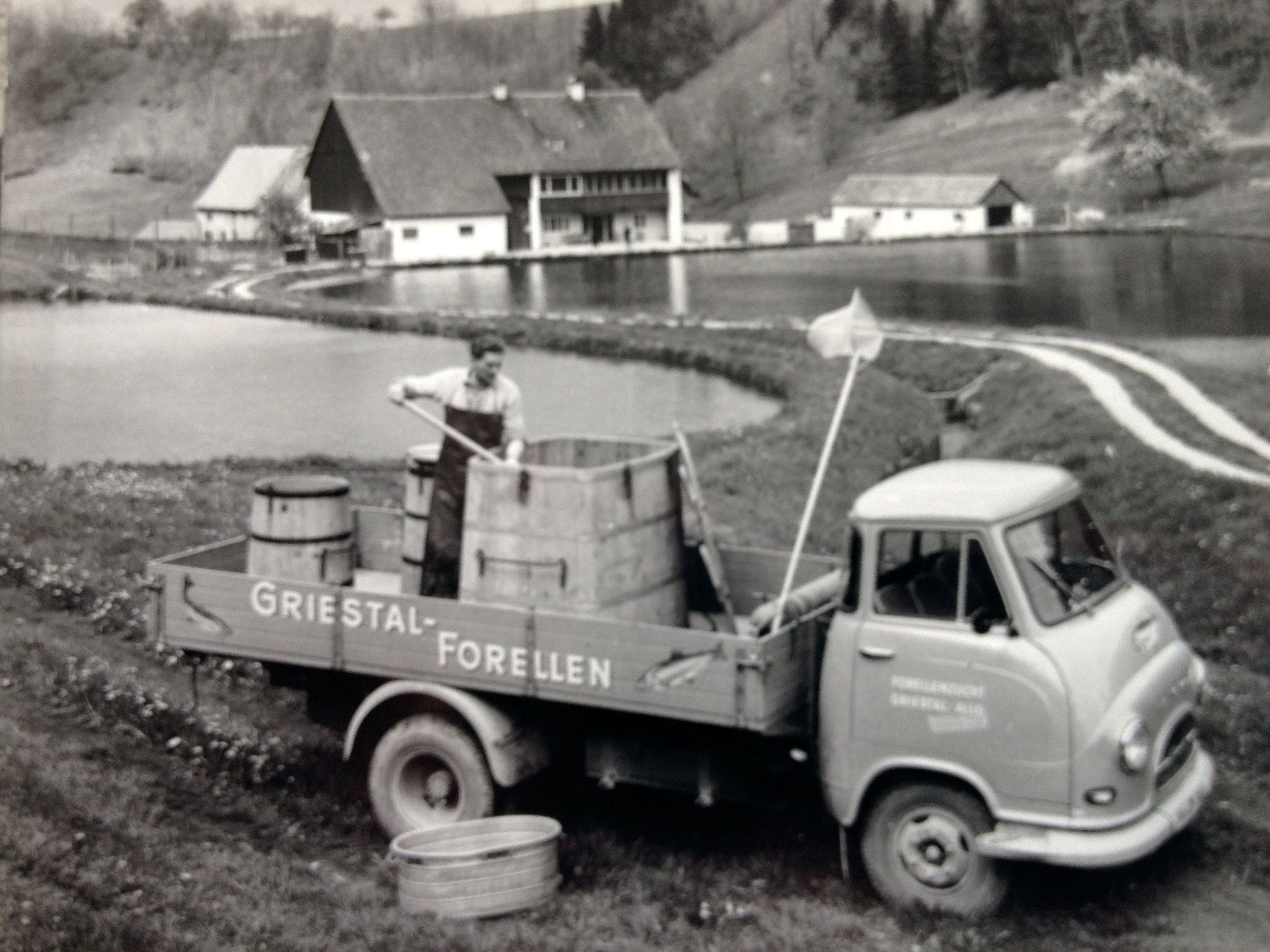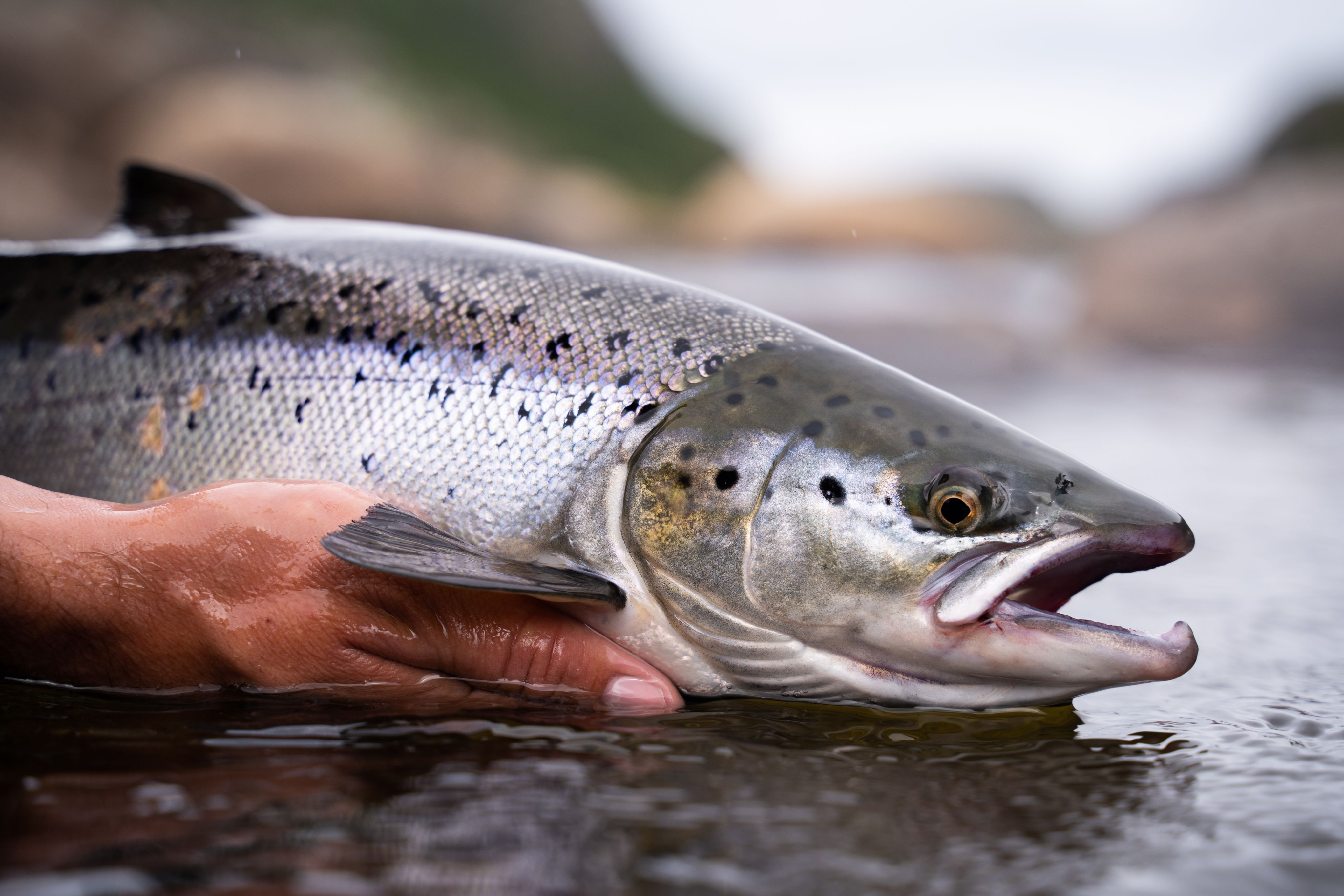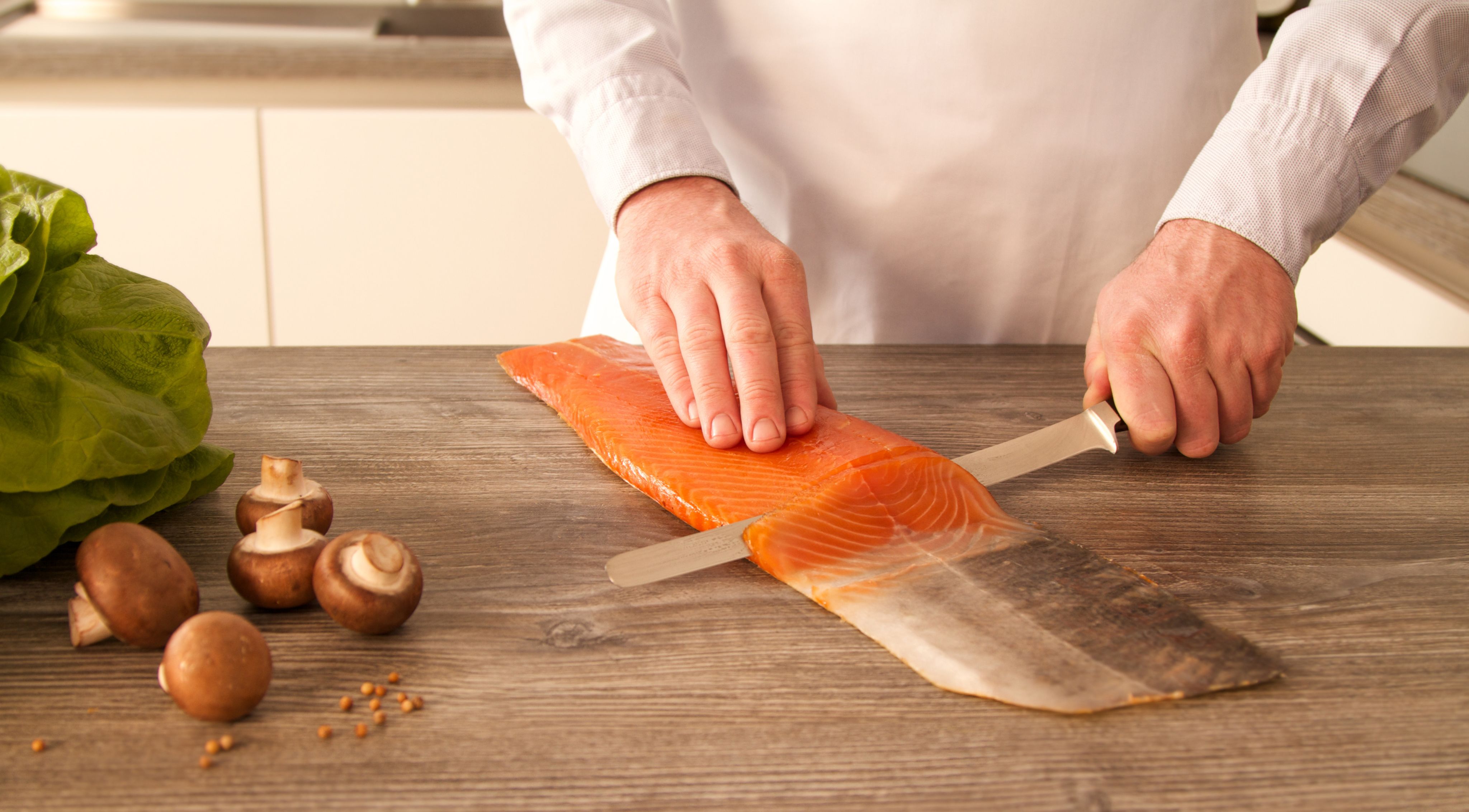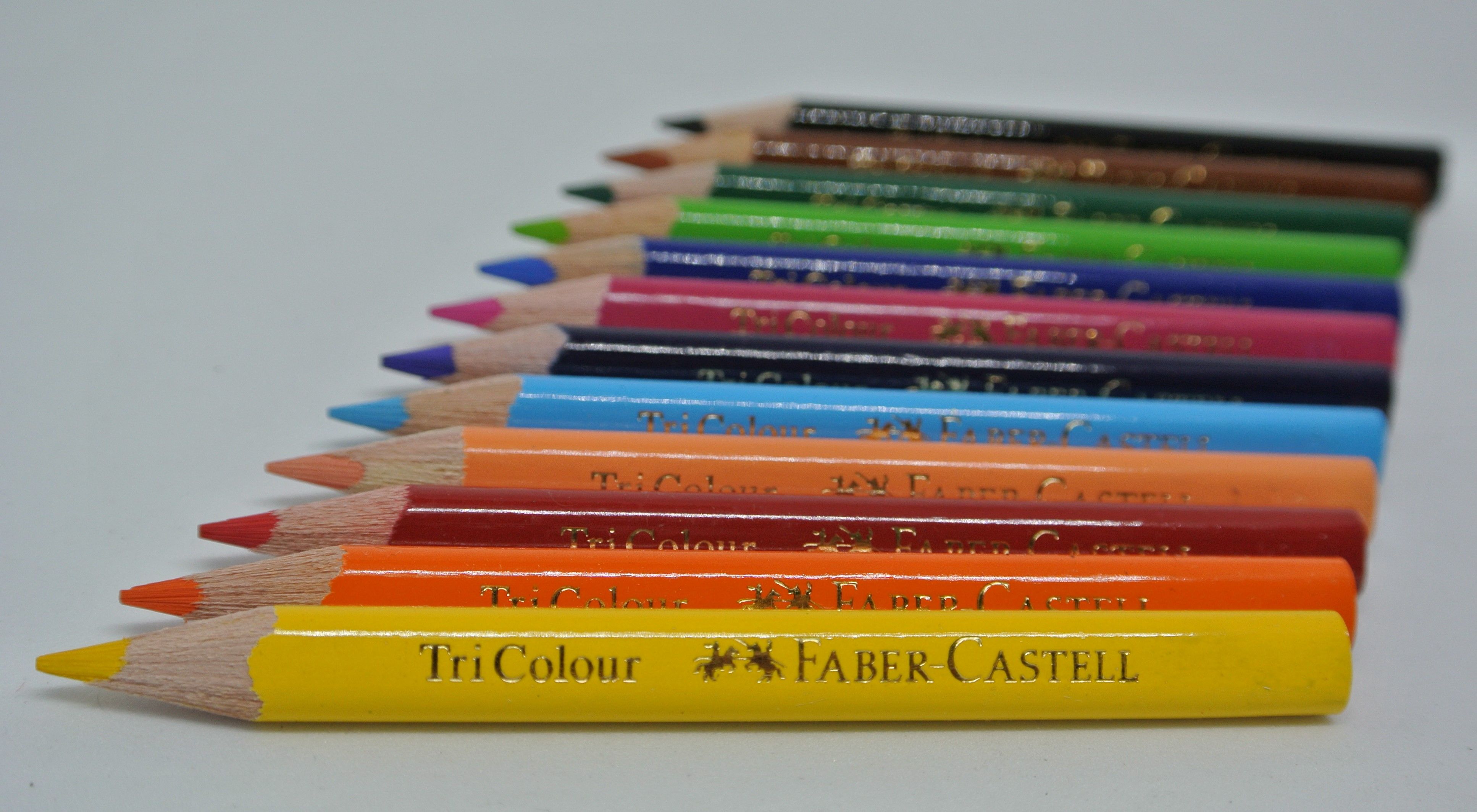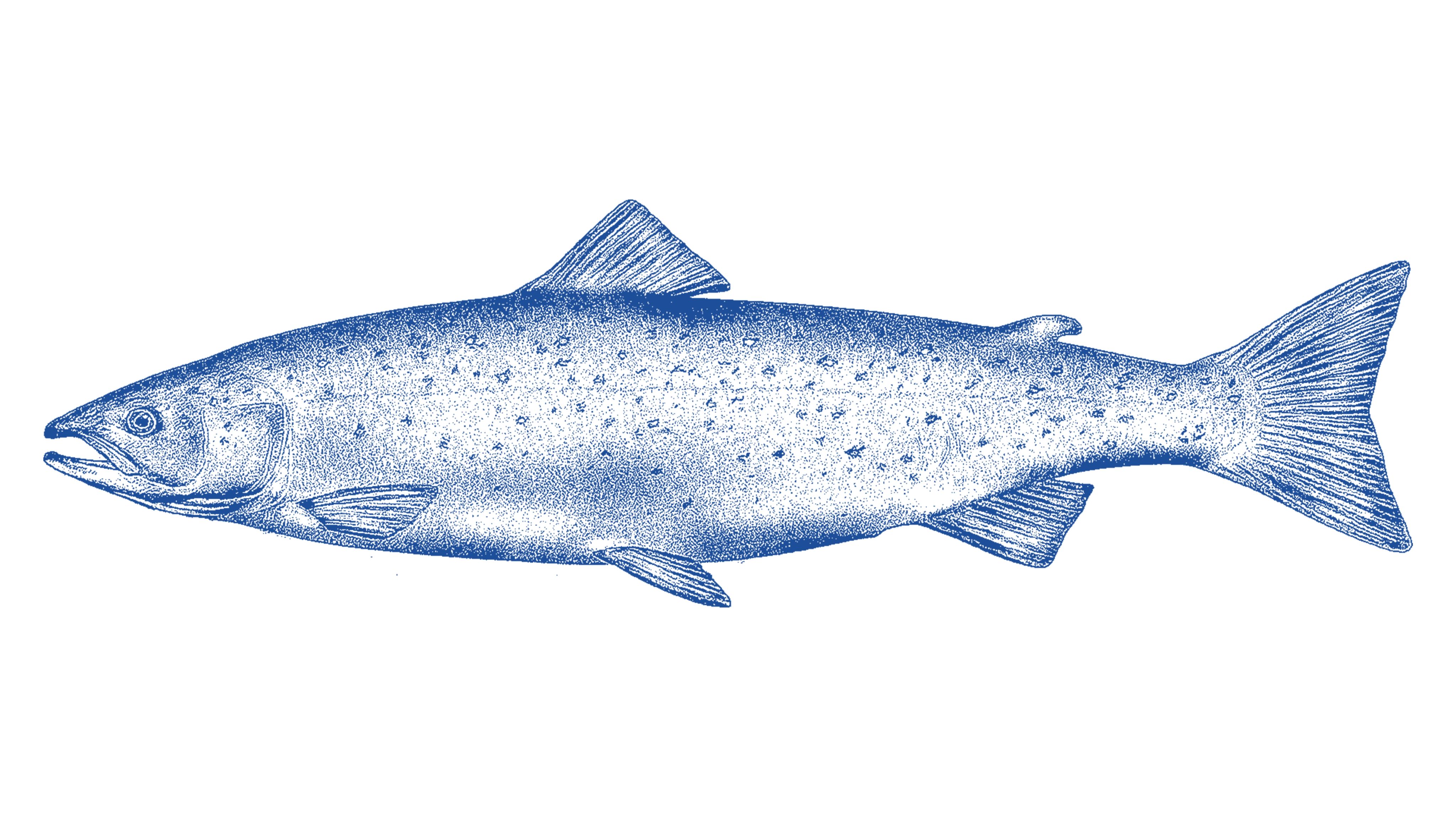
A descendant of a centuries-old dynasty reinvents a historic trout farm to raise sustainable salmon in the heart of Bavaria.
His name is instantly recognisable to anyone who has ever held a pencil made by his family’s company. But Count Anton von Faber-Castell - Tony to Bond University’s Class of 2004 - is sketching a different future for himself.
Count von Faber-Castell, who graduated with a Bachelor of International Business, is a member of the German aristocratic family that founded the world's oldest and largest writing-instruments company, Faber-Castell.
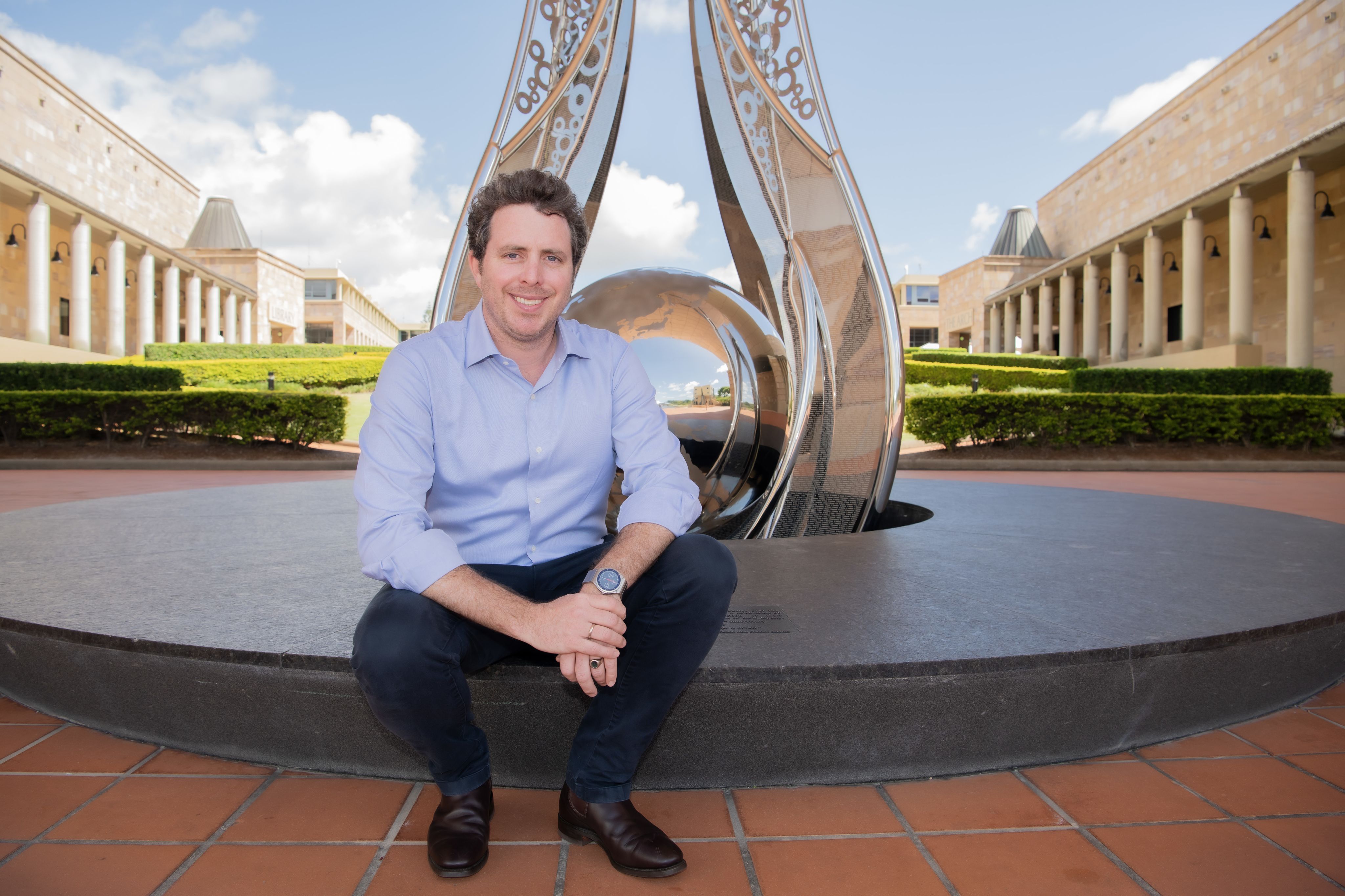
His name is instantly recognisable to anyone who has ever held a pencil made by his family’s company. But Count Anton von Faber-Castell - Tony to Bond University’s Class of 2004 - is sketching a different future for himself.
Count von Faber-Castell, who graduated with a Bachelor of International Business, is a member of the German aristocratic family that founded the world's oldest and largest writing-instruments company, Faber-Castell.

He was born in Sydney after his father Count Andreas von Faber-Castell came to Australia to learn English and decided to stay, setting up a successful printing business and later becoming Director of the Asia-Pacific arm of Faber-Castell.
In 2008 Tony joined another family business, the Counts of Castell Delikatessen and Castell fish farm. The spring-fed farm nestled in the foothills of the Bavarian Alps has been raising rainbow trout and char since it was acquired by his great uncle in the 1930s.
“It is surrounded by forest and farmland, and from the top of the valley there are views of the Alps,” Count von Faber-Castell says. “Unterallgäu (Lower Allgäu) is rural but well-connected, with a long tradition of dairy farming and cheese production. The area is often referred to as the Romantic Road, so it is very picturesque.”
The Castell fish farm in Griestal, Bavaria.
The Castell fish farm in Griestal, Bavaria.
The first generation of the family to own the fish farm, Count Wulf-Diether zu Castell-Rüdenhausen and his actress wife Luise Ullrich.
The first generation of the family to own the fish farm, Count Wulf-Diether zu Castell-Rüdenhausen and his actress wife Luise Ullrich.
The farm in winter.
The farm in winter.
Ottobeuren Abbey, 10 minutes from the fish farm.
Ottobeuren Abbey, 10 minutes from the fish farm.
The Castell fish farm in Griestal, Bavaria.
The Castell fish farm in Griestal, Bavaria.
The farm in winter.
The farm in winter.
Ottobeuren Abbey, 10 minutes from the fish farm.
Ottobeuren Abbey, 10 minutes from the fish farm.
The first generation of the family to own the fish farm, Count Wulf-Diether zu Castell-Rüdenhausen and his actress wife Luise Ullrich.
The first generation of the family to own the fish farm, Count Wulf-Diether zu Castell-Rüdenhausen and his actress wife Luise Ullrich.
In 2020 Count von Faber-Castell launched Castell Salmon, a venture aimed at modernising the historic fish farm and establishing one of Germany’s first commercial land-based Atlantic salmon farms.
Industry snapshot
Salmon farming is a US$20 billion industry dominated by Norway, Chile and Scotland, primarily conducted in ocean-based floating cages. Salmon is the most consumed fish in Germany which imports almost 100 percent of its supply.
Marine salmon farm in Norway.
Marine salmon farm in Norway.
Even at full production Castell Salmon will satisfy less than 0.5 percent of the national market.
In Australia, the A$1 billion industry is concentrated in Tasmania where the water is the right temperature for the fish to thrive. However concerns over the environmental impact of sea farms and fish kills linked to bacterial disease remain significant challenges.
Modernising tradition
Construction of the salmon farm in Griestal, about 100km east of Munich, will begin in 2026 and is set to produce 1200 tons of premium Castell-branded salmon annually by 2029. The farm will use recirculating aquaculture system (RAS) technology - a method that allows for better control over water quality, temperature, and fish health. This technology is more efficient than traditional sea-based farms, recycling 95 percent of its water and eliminating the need for antibiotics or pesticides.
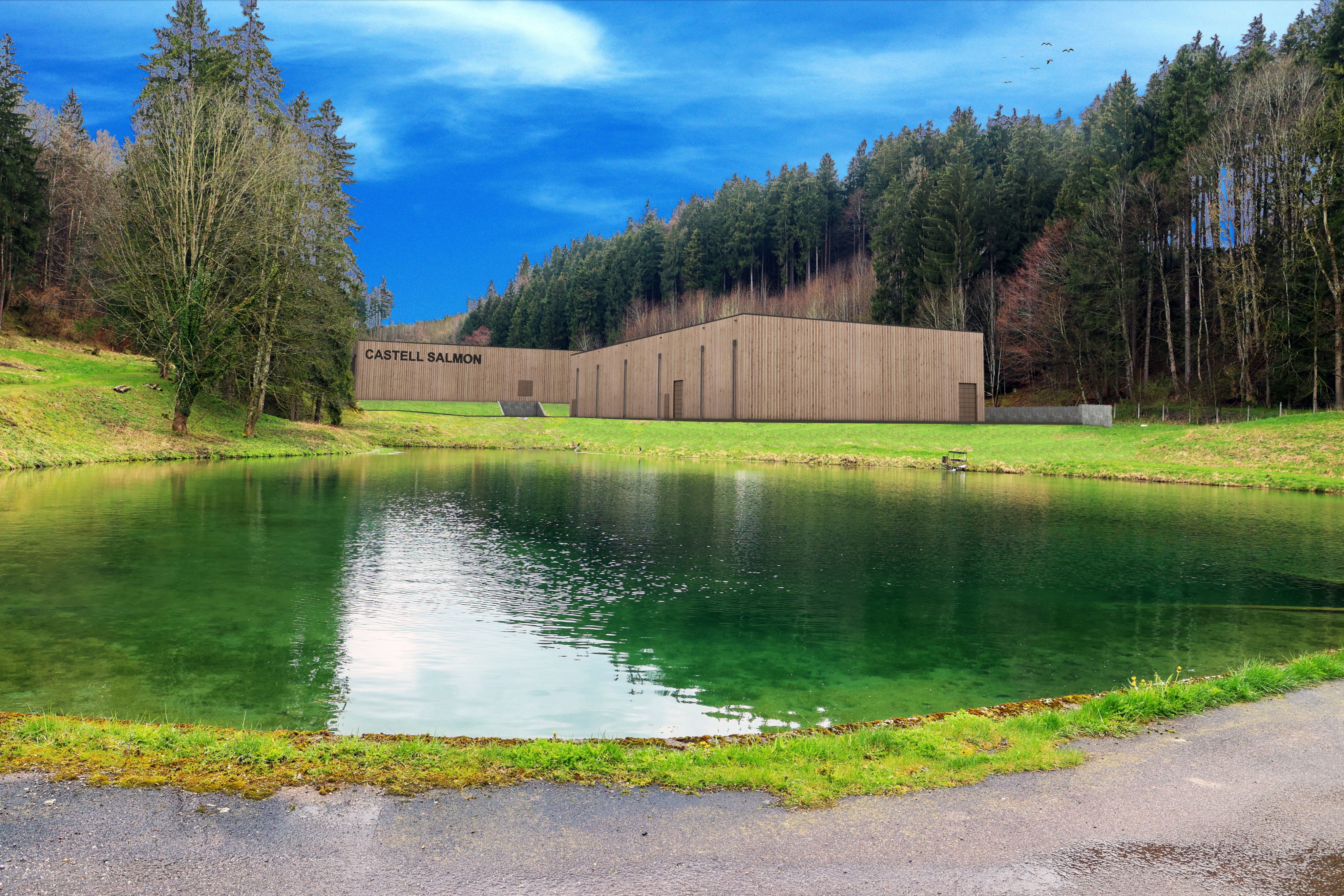
Not only does this result in healthier fish and a cleaner environment but it also significantly reduces CO2 emissions by cutting transport costs, as the farm is located closer to consumers. The RAS salmon farm will use 70 percent less water than the original trout farm, while achieving six times the production capacity.
Problems associated with marine salmon farms – such as sea lice, fish escapes and pollution – are also avoided. It’s a significant shift from the farm’s almost 100-year history of raising trout but Count von Faber-Castell sees it as a crucial evolution.
“Our goal is to build something sustainable and future-proof,” he says.
“It’s not the cheapest or the easiest option, but it’s the right one.”
The project has been nearly a decade in the making, with earlier plans for a farm in northern Germany stalling due to issues with water rights.
“What many people underestimate is how difficult it is to get a project like this permitted in Germany,” he says. “It has taken us close to five years just to receive our permits in Griestal.”
The fish farm in northern Germany is now back on the table after recent law changes restored the water rights.
Not only does this result in healthier fish and a cleaner environment but it also significantly reduces CO2 emissions by cutting transport costs, as the farm is located closer to consumers. The RAS salmon farm will use 70 percent less water than the original trout farm, while achieving six times the production capacity.
Problems associated with marine salmon farms – such as sea lice, fish escapes and pollution – are also avoided. It’s a significant shift from the farm’s almost 100-year history of raising trout but Count von Faber-Castell sees it as a crucial evolution.
“Our goal is to build something sustainable and future-proof,” he says.
“It’s not the cheapest or the easiest option, but it’s the right one.”
The project has been nearly a decade in the making, with earlier plans for a farm in northern Germany stalling due to issues with water rights.
“What many people underestimate is how difficult it is to get a project like this permitted in Germany,” he says. “It has taken us close to five years just to receive our permits in Griestal.”
The fish farm in northern Germany is now back on the table after recent law changes restored the water rights.
A family affair
The co-founder of Castell Salmon is Count von Faber-Castell’s cousin, Count Casimir von Wedel. With a family business history dating back to the 12th century on the Castell side, valuable lessons about working with family have been passed down through the generations.
“There is a lot of history in our family when it comes to working together, both good and bad,” Count von Faber-Castell says. “There is also a lot of family politics between the different family divisions. What I’ve learned is it only works if everyone is clear about their roles and if there’s mutual respect. It’s not about hierarchy, it’s about trust and long-term thinking.”
Count von Faber-Castell says he and Count von Wedel bring different strengths to the project.
“We’re aligned on values and direction, but we don’t step on each other’s toes,” he says. “You also need a shared goal that’s bigger than any one person’s ego. If you have that, and if you’re honest with each other, then working with family can be a real strength.”
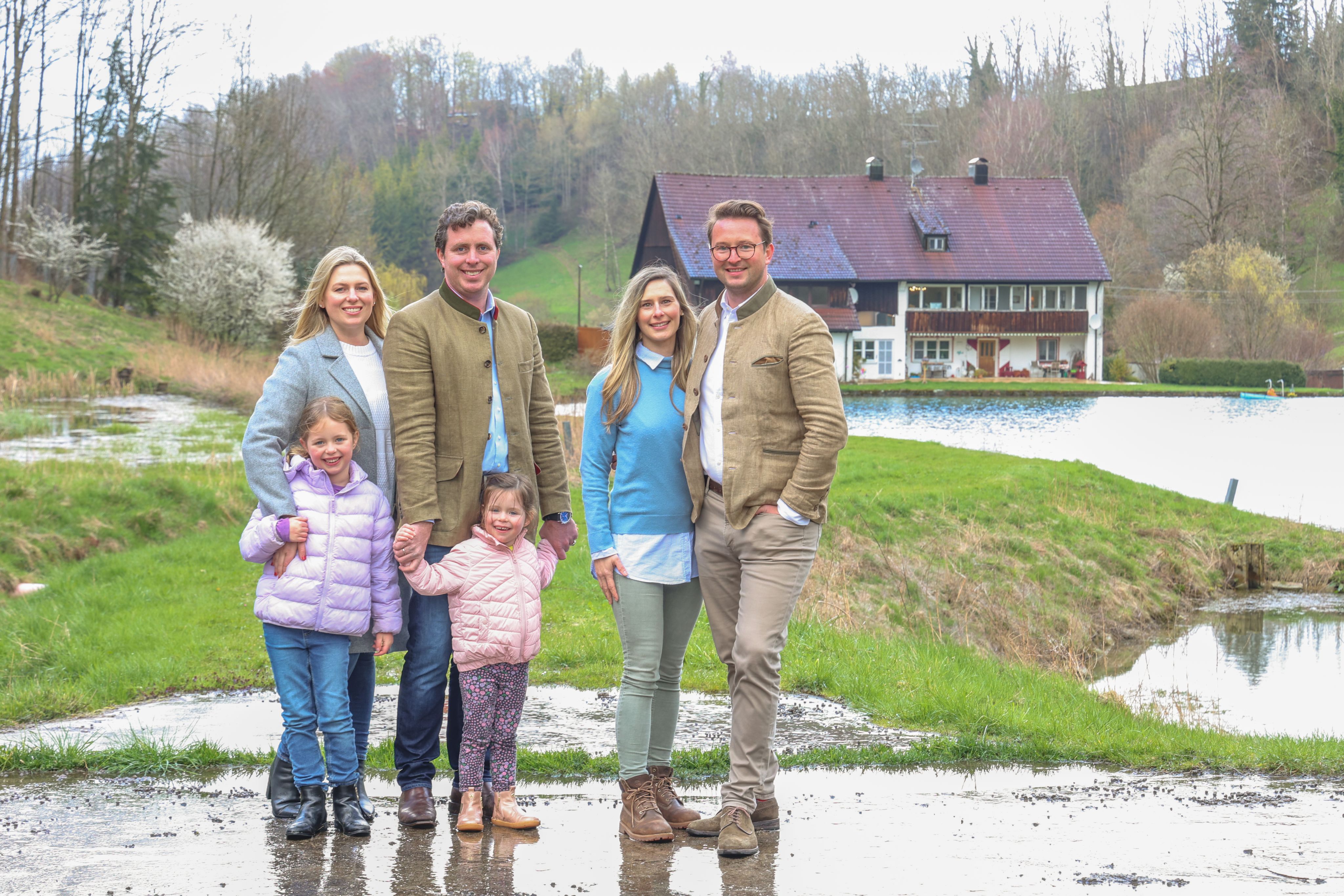
Count Anton von Faber-Castell (second from left) with his wife Kate Gräfin von Faber-Castell, their children Olivia and Sophia, and Anton’s cousin Casimir Gräfin von Wedel and his wife Vivian Gräfin von Wedel.
Count Anton von Faber-Castell (second from left) with his wife Kate Gräfin von Faber-Castell, their children Olivia and Sophia, and Anton’s cousin Casimir Gräfin von Wedel and his wife Vivian Gräfin von Wedel.
A family affair
The co-founder of Castell Salmon is Count von Faber-Castell’s cousin, Count Casimir von Wedel. With a family business history dating back to the 12th century on the Castell side, valuable lessons about working with family have been passed down through the generations.
“There is a lot of history in our family when it comes to working together, both good and bad,” Count von Faber-Castell says. “There is also a lot of family politics between the different family divisions. What I’ve learned is it only works if everyone is clear about their roles and if there’s mutual respect. It’s not about hierarchy, it’s about trust and long-term thinking.”
Count von Faber-Castell says he and Count von Wedel bring different strengths to the project.
“We’re aligned on values and direction, but we don’t step on each other’s toes,” he says. “You also need a shared goal that’s bigger than any one person’s ego. If you have that, and if you’re honest with each other, then working with family can be a real strength.”
A legacy in trasition
With almost 100 years of family history tied to the Griestal fish farm, the redevelopment had to preserve its historic charm and respect the valley’s scenic beauty. Instead of one large industrial building, the salmon farm is divided into two separate buildings that fit into the landscape, and one is recessed into the ground to ensure it is no higher than the building it replaces.
“It will be clad in timber, with a green roof and solar panels,” Count von Faber-Castell says. “This is extremely important for us, given the family history at the site and the fact that our house and office overlooks the farm.”
Two of the farm’s historic fish ponds are being turned into habitats for amphibians.
Vision for Australia
Count von Faber-Castell says his goal is to expand RAS framing in the country of his birth.
“Australia has massive potential when it comes to land-based aquaculture,” he says. “The climate, the space and the existing energy infrastructure make it ideal. What’s missing is long-term planning and proper support for sustainable systems.”
The Federal Government recently angered environmentalists when it legislated to protect the Tasmanian marine salmon industry despite its impact on the endangered Maugean skate in Macquarie Harbour.
“Most RAS facilities in Australia are only used for hatching and that model misses the real opportunity,” Count von Faber-Castell says. “Full grow-out on land is not only possible, it’s necessary if the industry wants to avoid further damage to marine ecosystems and protect its future. I am actively looking for the right people and opportunity to get this moving in Australia.”
CASTELL SALMON
The Castell fish farm and delikatessen in Griestal, Bavaria, was acquired in the 1930s by aviation pioneer Count Wulf-Diether zu Castell-Rüdenhausen and his actress wife Luise Ullrich.
In 2008 Count Anton von Faber-Castell took over the business. He was joined in 2018 by his cousins Count Casimir von Wedel and Countess Daisy Rosemeyer zu Castell-Rüdenhausen. Castell Salmon was launched in 2020 and remains headquartered in Griestal, 750m above sea level where it benefits from over 60L per second of crystal-clear spring water.
The company is transitioning from traditional trout farming to a state-of-the-art, land-based salmon farm, while preserving its historic charm.
FABER-CASTELL
Faber-Castell was founded by Kasper Faber, a carpenter's apprentice, in 1761. His great-grandson Lothar von Faber built the company into a global pencil leader and was granted noble status by King Maximilian II of Bavaria in 1861.
The Faber-Castell name emerged through a marriage alliance with the aristocratic Castell family. Today, Faber-Castell remains headquartered in Stein, Bavaria, Germany, close to the family's castle.
The company continues to be family-run, with the ninth generation of the Faber-Castell family now involved in its management. Faber-Castell employs about 6500 people worldwide and operates in more than 120 countries.
Published on Wednesday, 9 April, 2025.
Original thinking direct to your inbox

Stories from Bond



